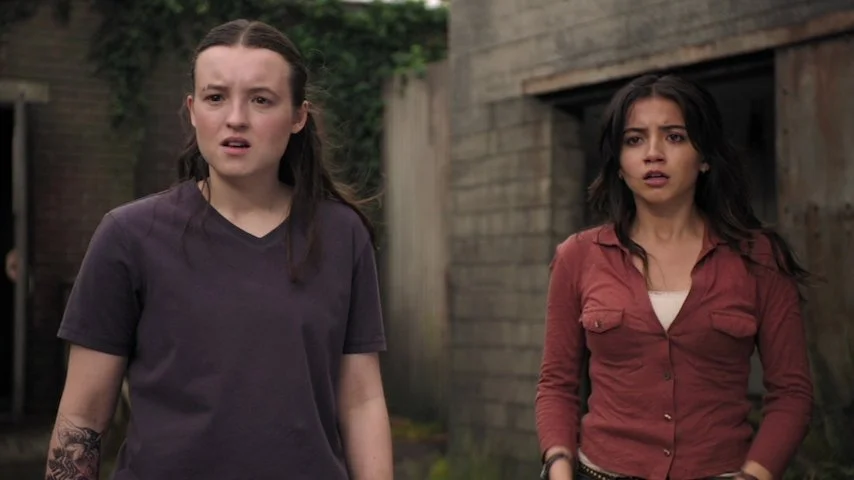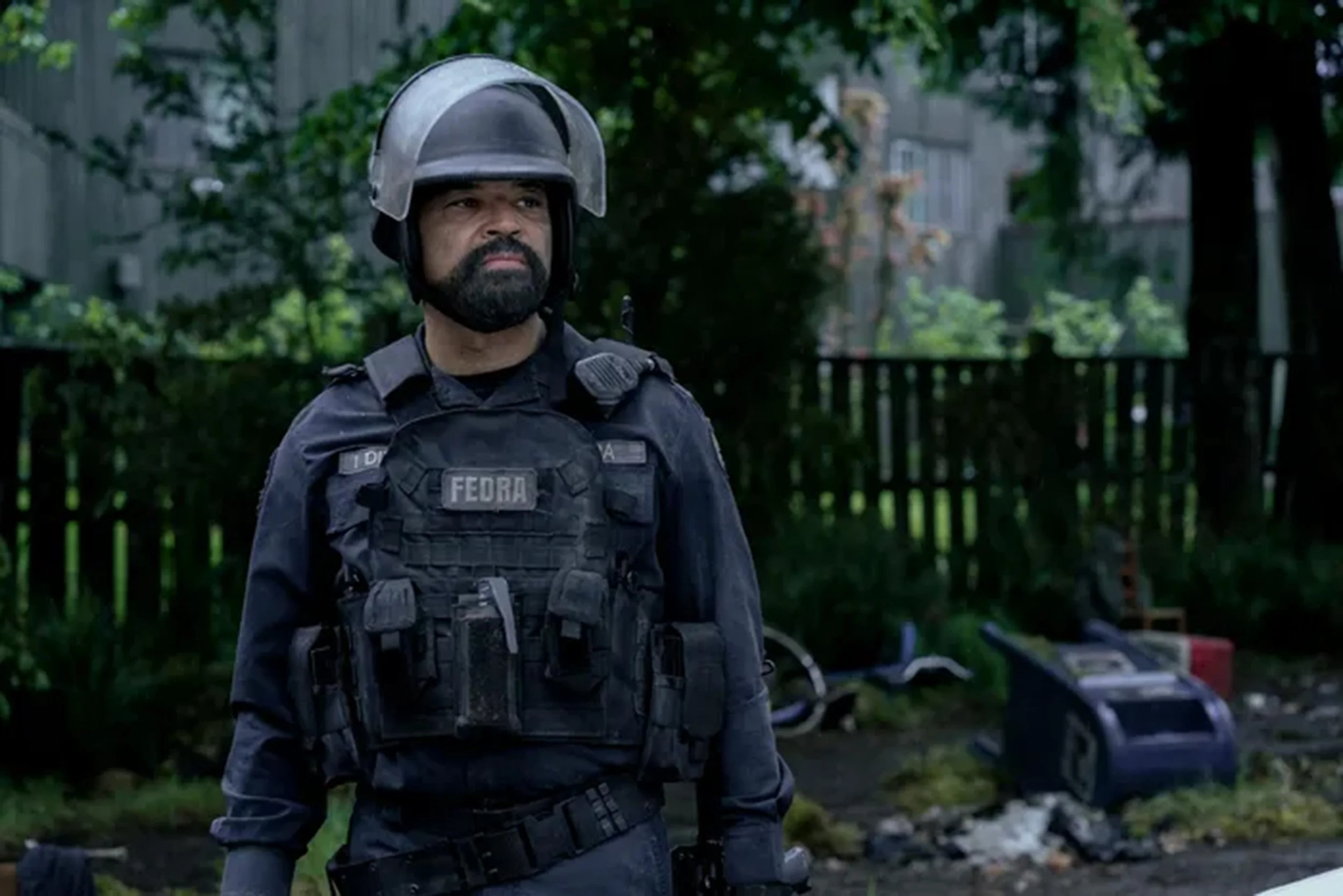The Last Of Us: Seattle Breakdown s2 E4
Seattle Is a Lie: What This Episode Means for Ellie and Us
“Holy shit, I’m gonna be a dad.” — Ellie
That line says it all.
In this week’s emotionally complex episode of The Last Of Us, we watch Ellie not only confront the chaos around her—but begin to redefine herself within it. As bodies pile up and factions fracture, Ellie finds something unexpected in the ruins of Seattle: vulnerability, love, and a terrifying kind of hope.
But what does it mean?
Not just to Ellie, but to us.
🌿 The City That Pretends to Be Peaceful
Seattle, at first glance, is beautiful. Overgrown greenery crawling over cracked streets. Rain washing the rot clean. A theater waiting for applause that never comes. It looks like a place the apocalypse forgot—a rare sanctuary.
But that illusion doesn’t last long. Like so many modern cities, its calm is a mask stretched over a gaping wound. Strip away the quiet, and you’ll find systemic violence, endless retribution, and communities torn apart by opposing ideologies.
Sound familiar?
In a way, Seattle is every modern metropolis: a place selling the fantasy of progress and peace while barely concealing its brutality. The same could be said of our own cities—where we market diversity and growth while housing hate, surveillance, and unrest just beneath the surface.
And like Ellie, we keep pretending we can walk through it untouched.
💔 What This Means for Ellie
Ellie’s journey isn’t just physical. It’s emotional, philosophical, existential. In this episode, she begins shedding the hardened survivor skin she’s worn since season one. She exposes herself—emotionally and literally—by letting Dina in, by admitting fear, by singing a song from a broken world.
And yet, she also kills. Quickly. Brutally. Without time to process.
This duality—love and violence, softness and slaughter—isn’t a flaw in her story. It is her story. It’s what happens when people raised in conflict try to chase joy. It’s also what happens in our world, when we compartmentalize trauma so we can function, flirt, laugh, and keep going.
In a society still grappling with pandemic scars, social injustice, and political division, Ellie’s emotional whiplash feels uncomfortably close to home. We post memes between tragedies. We fall in love during global crises. We sing, even as the fire rises.
⛓ Isaac and the Seraphites: When Enemies Become Monsters
One of this episode’s most jarring truths comes not from the infected, but from the humans.
Isaac, a former FEDRA soldier turned W.L.F. commander, once threw a grenade into a truck of his own men just to prove a point. His moral compass? Long gone. He’s not a leader—he’s a zealot with military credentials and a god complex.
And then there are the Seraphites. Ultra-religious survivalists with an eerie calm and a devotion to “The Prophet.” Isaac calls them “Scars,” mocking them as cultists. They, in turn, slaughter W.L.F. soldiers with the cruelty of a holy war.
Both groups have dehumanized each other so completely, they’re no longer fighting people. They’re fighting symbols—and using real blood to do it.
Sound familiar again?
From political discourse online to real-world wars, we’ve seen what happens when opposing sides stop seeing each other as human. You get exactly what you see in The Last Of Us: torture, revenge, indoctrination, and the slow rot of empathy.
It’s not just fiction. It’s a mirror. And it’s uncomfortable.
🎶 Music, Love, and the Fragile Lie of Safety
In the midst of all this horror, Ellie picks up a guitar and sings Take On Me to Dina. And it works. Not just as a moment of peace, but as a character turning point. Music is vulnerability. It’s memory. It’s the illusion that, for a second, you’re safe.
But let’s not forget: 1980s music was the signal for “danger” in Bill and Frank’s code.
Ellie sings anyway.
Because choosing to be soft in a hard world isn’t just brave—it’s revolutionary. And terrifying. Because you know it’s going to cost something.
🧬 The Future for Ellie
Ellie doesn’t have a grand plan. Her logic is impulsive, emotional, and raw. But her arc is quietly radical. She’s trying to build something in a world that only knows how to break things. She’s trying to love in a world where love often gets you killed.
It’s almost delusional.
And it’s beautiful.
Her dynamic with Dina—full of humor, desire, awkward confessions, and terrible timing—feels honest in a way most “end of the world” romances don’t. It’s not epic. It’s messy. Which makes it all the more real.
But here’s the kicker: they’re still on a mission of revenge. They still kill. They’re still in over their heads.
They clasp hands, determined to finish their journey together. And maybe that’s the most dangerous thing they’ve done yet—believe that “together” can protect them from everything else.
Final Thought
The Last Of Us isn’t just about zombies or end-times survival. It’s about the human capacity to hold contradiction: love and violence, hope and despair, music and silence.
Seattle looks like paradise. But it’s war in disguise. Ellie looks like a hero. But she’s also a killer. And we, the viewers, get to watch it all unfold while asking: Would I be any different?
Spoiler: probably not.







